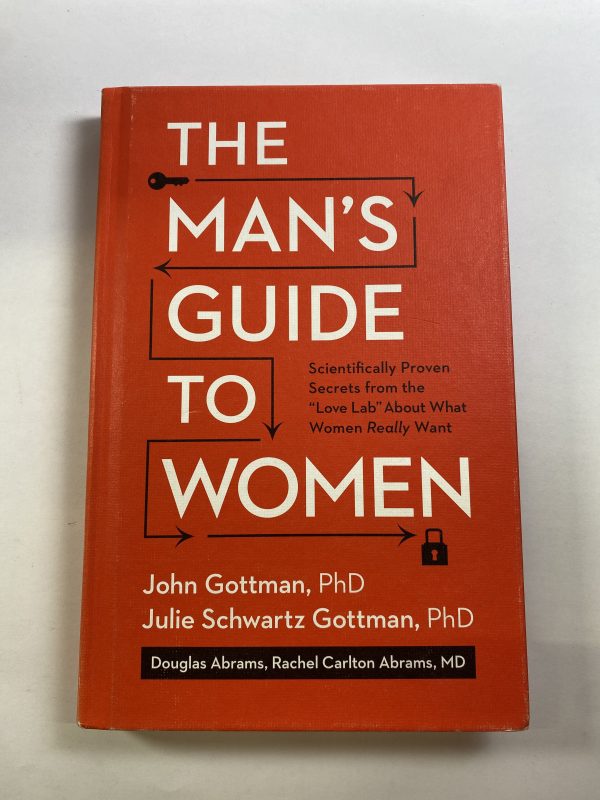
John Bargh’s “Before You Know It: The Unconscious Reasons We Do What We Do” offers a thorough investigation into the hidden factors that influence our behavior. Bargh, a prominent figure in social psychology, merges his knowledge with an engaging narrative style, providing readers with understanding of how subtle elements can guide our actions without our conscious realization. The book is an enriching amalgamation of Bargh’s personal stories, psychological studies, and interdisciplinary links derived from cognition, neuroscience, and evolution.
Bargh’s passion is evident as he leads readers through experiments such as the elderly-priming study, where students exposed to age-related terms moved more slowly, and the hot drink experiment, which revealed that warmth affected perceptions. He underscores the interconnected nature of social psychology with wider psychological and evolutionary theories, citing luminaries like Skinner, Freud, and Darwin to bolster his narrative.
Nonetheless, the book is not free from criticism. A significant portion of the research discussed, especially in social priming, has encountered skepticism amid psychology’s replication crisis. Detractors contend that Bargh inadequately addresses these issues, resulting in lingering doubts about the dependability of certain findings.
Additionally, Bargh’s extensive use of “unconscious” diminishes its significance. He aligns unconscious behavior with any action that is not fully elucidated by self-reports, potentially confusing readers about the term’s importance. The text could gain from a more profound examination of how unconscious influences interrelate with the experimental outcomes Bargh presents.
The personal anecdotes in the book are intriguing yet limited, leaving readers wanting more substance. Bargh’s narrative provides fascinating insights into his life, such as serendipitously meeting his future wife, but falls short of providing deeper understandings of his personal or professional experiences. Despite its captivating style, “Before You Know It” may leave some readers yearning for a more exhaustive investigation of both Bargh’s research interpretations and his personal narratives.